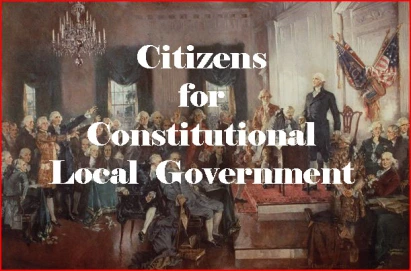Yes, I admit the Constitution based on democratic principles and values is not perfect. It is not an end-state but a practice. Democracy requires an active and informed electorate especially when applied to HOAs. And so, the will of the people — the voice of the people — in practicality is measured and expressed by majority vote. A “majority” implies the existence of factions, of people with differing views and attitudes.
The Founding Fathers had to address the issue of the will of the majority trampling on the rights of the minority. Since democratic principles require all the people to be treated equally, how do you deal with factions within the community? John Adams, in The Federalist Papers #10 and #51, attempts to resolve this weakness.
Madison defines a faction as “a number of citizens, whether amounting to a minority or majority of the whole, who are united and actuated by some common impulse of passion, or of interest, adverse to the rights of other citizens.” Like we see in HOA-Land, most predominately it’s a small minority in control because of member apathy; or the acquiescence of a majority of members who believe the BOD can do no wrong.
Madison’s best answer is for democracy to function in a larger group or society where we can expect to have several factions vying and contending with each other for dominance, making it more difficult, but not eliminating, for a majority clique to dominate. (I am sure the Fathers are rolling over in their graves due to the Trump Era politics). As reality has revealed over the years, it’s wishful thinking in HOA-Land.

The existence of a well-informed, knowledgeable, and involved citizenry is necessary for a healthy democratic society or community. That’s why free speech and the freedom of the press was made the first amendment to the Bill of Rights. That is why public education is mandated by having states provide public schooling within the state. It doesn’t exist in fat, dumb, and stupid HOA-Land, unless provided by CAI’s “political correctness” education.



